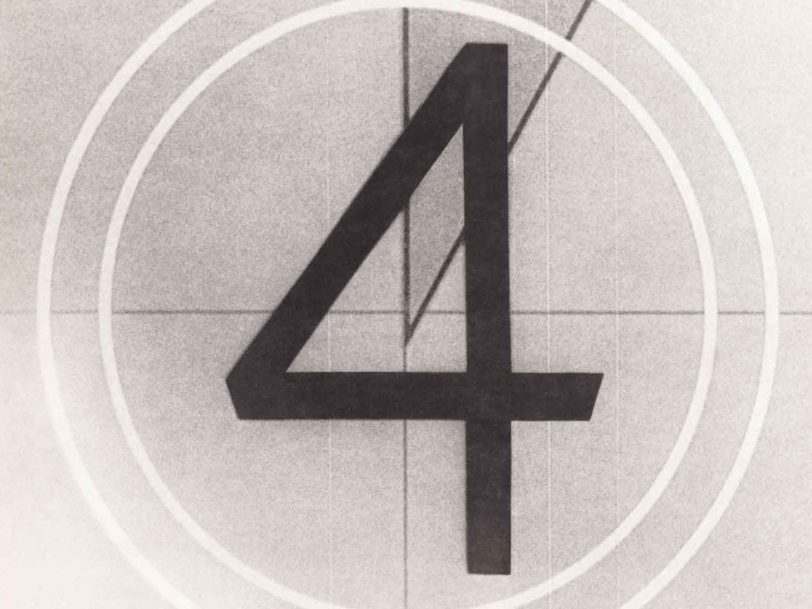British-American rock supergroup Foreigner may be best known for their hit 1984 ballad, I Want To Know What Love Is, but their wide-ranging discography includes everything from blues workouts to synth-infused arena-rock anthems. With 80 million record sales to their name, the group have long been mainstays of popular music; for many fans, however, it began with their simply titled fourth album, 4 – Foreigner’s first US No.1 and the record that cemented their appeal in the neon-drenched 80s.
Listen to Foreigner’s ‘4’ here.
A permanent departure
4 was aptly named in more ways than one, as the formerly six-piece Foreigner found themselves two members down at the time of its recording. With the loss of guitarist/keyboardist Ian McDonald and keyboardist Al Greenwood, the new line-up – Lou Gramm (vocals), Mick Jones (guitar, keyboards), Rick Willis (bass) and Dennis Elliott (drums) – made a permanent departure from the blues-based classic-rock sound of their previous work and began looking instead toward the synth-oriented made-for-radio hits that would define the group’s work throughout the decade.
Released on 2 July 1981, 4’s impact was immediate. Selling over seven million copies and holding the Billboard No.1 spot for ten weeks, its pop-rock sound was boosted by producer Robert “Mutt” Lange (along with assistance from several session musicians, including a young Thomas Dolby), whose own arena-filling sound was undergoing a crucial development from the hard-rock production style found on AC/DC’s Highway To Hell and Back In Black albums to the career high of Def Leppard’s Hysteria. But it’s his efforts on 4 that sowed the seeds for such greatness.




